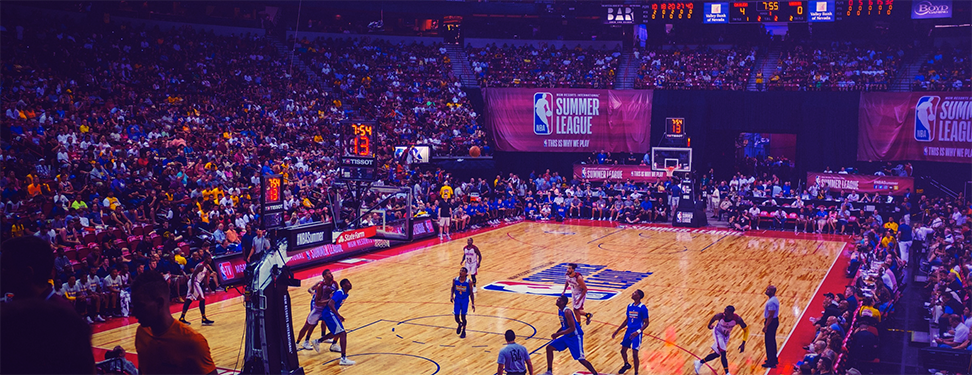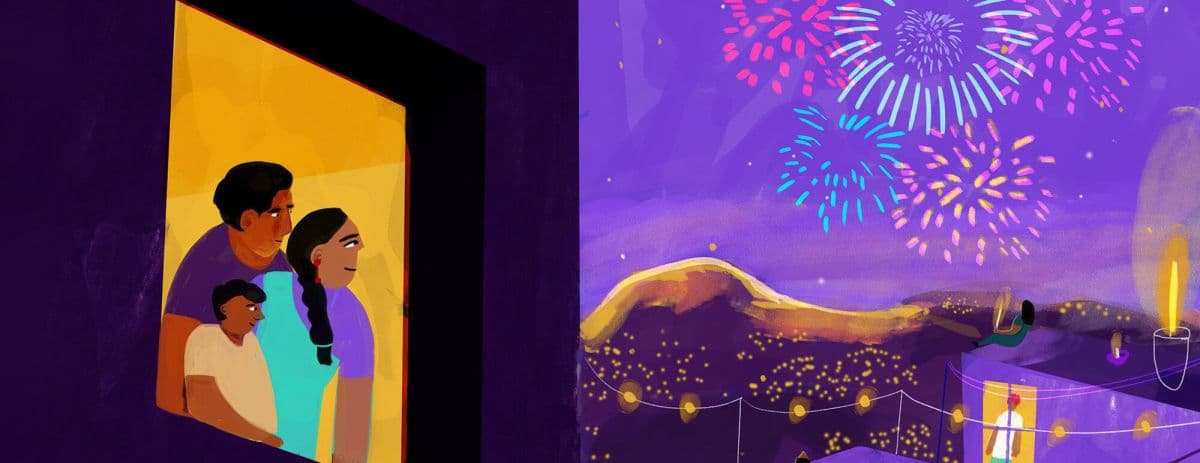Akosua Afriyie-Kumi: The globally acclaimed designer from Ghana
Akosua Afriyie-Kumi is a fashion and home decor designer. Born and raised in Ghana, she moved to the United Kingdom at the age of nineteen to get a degree in fashion design. Eight years later, she moved back to Ghana and launched the ethical fashion brand AAKS.
Her designs represent the vibrant spirit of Africa. Each product is handcrafted using the Ghanaian traditional weaving techniques. Nowadays, A A K S is stocked in stores worldwide, including Bloomingdales, Anthropologie and Urban Outfitters.
Recognised by Vogue Italia, Elle Decoration and Forbes Woman Africa, she invited WorldRemit behind the scenes of building a fashion house that creates sustainable jobs in African countries.
WorldRemit Content Team
• 3 mins read • Updated
Hi Akosua. What was it like moving back to Ghana after almost a decade of living in the UK?
I love the multicultural aspects of the UK. But, I didn’t want to waste years on finding a job that wouldn’t excite me. I feel like migrants have to work a lot harder to get recognised.
My mum came to visit me and asked me why I don’t move to Ghana and start my business there. She said that London will always wait for me in case it doesn’t work out. And I decided to give it a try!
I left Ghana as a kid and came back as an adult. I had to readjust again. In the UK, the pace of life is very fast. I always felt tired. When I came to Ghana, I realised I’m at ease and that I prefer it here.
What’s the story of building your fashion brand?
I found inspiration in traditional Ghanaian baskets. I wanted to turn them into fashion accessories that can be sold in stores all around the world. And that’s how my brand was born.
It took me over a year to find a team that would help me bring my ideas to life. I had a preconceived idea of how fast everything works in the UK. In Ghana, it’s more about human relations and a community.
North of Ghana, which is about 10 hours away from where I live, is known for its basket craftsmanship. I travelled there a few times and tried to build partnerships with the local weavers. I gave them raw materials to create samples, but when I came back weeks later, nothing was done.
They didn’t expect to see me again. I felt like a big boss lady, but to them, I was just a kid. Things changed when my mum came with me and explained to them what I was trying to do.
Four months after I launched my collection, I was approached by a big US retailer, Anthropologie. They stumbled across my Pinterest boards and Instagram and placed an order with me. The order was big enough to grow my business.
What does your business look like today?
At first, it was just three weavers and me. Today, I employ over 60 weavers in rural areas and eight people in my studio. It’s exciting to see ho w much things have changed. The community trusts me.
Other brands might do a similar thing like A A K S, but nobody does colour like me. I take inspiration from Ghana, the sun itself and the clashing colourful prints that women wear in the streets. It works. My designs are tasteful and modern and they remind people in the diaspora of home.
We always work on exciting projects; whether it’s collaborations with new retailers, or creating unique products. For example, we just finished our baskets for Safari hotels in Botswana.
In the future, I would love to be stocked in all major stores around the world. I want A A K S to become a recognised Ghanaian brand that can compete with international luxury brands.
Describe your production process.
In Ghana, weaving is done with straws. I aimed to create shapes that you can't achieve with straws, and so, I started using raffle instead. The production process of creating one bag takes about two weeks.
We twist the raw raffle and then dye them in a bath. Then we dry it, and weavers start weaving following the technical sheets I provide.
Their work is then collected and transported to me. In the studio, we do the finishing touches. The only machine we use is the sewing machine for the linings, everything else is handcrafted. Finally, we pack the product and ship it to the customer.
Your brand takes pride in working with local communities. Tell us more about it.
Local weavers are often approached by large design firms to make baskets for commercial purposes, however, they are severely underpaid. I’m paying them a stable price that’s five times above the average market price.
Most of the weavers that work for me have managed to build their own house or send their children to schools. Some of them even moved on and built their own business.
Recently, my friend introduced me to the United Nations projects focused on Malian refugees in Burkina Faso. I've learnt how important it is to create work for them. In 2017, I visited the camp and started working on home decor lamps with the refugees. They were so excited, and they couldn’t believe that the products they made sold out in stores around the world.
These women were able to leave the camp because of the work I did with them. They no longer need to rely on the UN to give them food and basic life necessities.
Connect with Akosua
Instagram: @a.a.k.s
Facebook: Aaksandcrafted
Pinterest: Aaakshandcrafted
Twitter: @a_a_k_s
Website: https://www.aaksonline.com/
WorldRemit allows customers to stay connected and support their loved ones. Our Content Team plays an integral part in that. We celebrate the global community and help you to achieve your ambitions.




